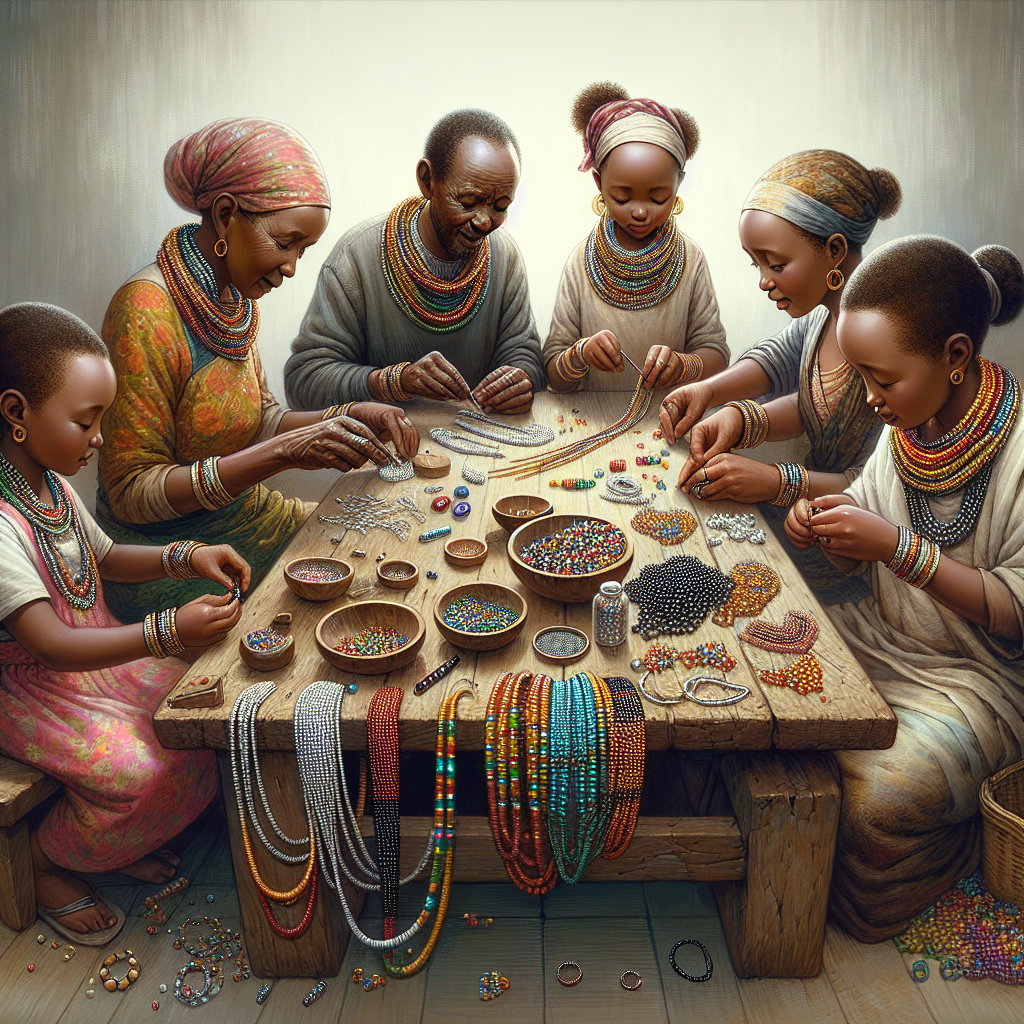In an era marked by trade wars and tightened immigration policies, a freshly expanded cultural exchange program presents a counter-narrative. This initiative not only bridges global communities but also fosters economic opportunities on an unprecedented scale.
Policy Overview
The Open Doors Cultural Exchange Program (ODCEP) seeks to establish cross-border relationships through education, artistry, craftsmanship. As COVID-19 reshapes our world’s economy with an emphasis on remote connectivity over physical proximity–the ODCEP expansion has timely relevance.
Historical Context
Cultural exchanges have long been integral tools for soft power diplomacy—think Fulbright scholarships or Peace Corps missions—yet ODCEP signifies a shift from this traditional outlook towards one that marries culture with entrepreneurship.

Stakeholder Perspectives
‘It’s a win-win situation’, explains Eliza Hanson from The International Partnership for Economic Synergy. ‘Participants gain exposure to varied markets while host countries benefit from unique skills and fresh viewpoints.’
Economic Impact
Preliminary reports reveal how artisanal goods traded via ODCEP foster microeconomies back home which in turn catalyze larger supply chains—resulting ultimately in GDP growth.
Implementation Challenges
Despite its promising start, ODCEP grapples with challenges of cultural misinterpretation or propensity for unsubstantiated stereotypes to seep into transactions—problems requiring careful mitigation strategies.
‘We measure success by more than dollar signs’, says program director Janice Ray. ‘It’s about the relationships formed, understandings fostered.’
Alternative Approaches
The European Union has a similar program focusing on technological innovation—they might serve as a valuable model for future ODCEP iterations.

Foster robust regulatory frameworks to ensure fair economic benefits for all involved parties and promote positive cultural understanding.

